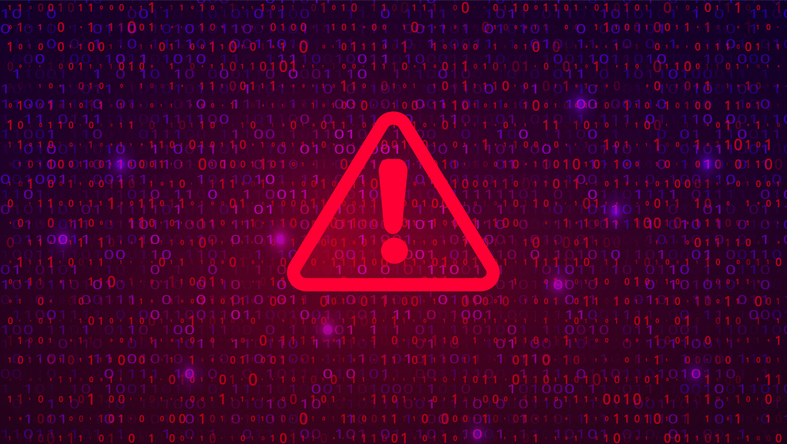Decompiling software: the “errors” exception
Landmark decision shows buyers can decompile software to correct errors.
A matter for dispute
Correction of software errors (bugs) can be frustrating, time consuming and expensive. There can be a lack of clarity about the rights and obligations of the parties involved, leading to disputes.
This was the situation in the recent case in Top System SA v Belgian State. The judgment of the European Court of Justice (ECJ) explains the extent to which the lawful buyer of a computer program is entitled to translate the object code of a program into a reconstruction of its source code (decompile) where that is necessary in order to correct errors affecting its functioning. Since English law is harmonised with this area of EU copyright law, the judgment should provide some reassurance to legitimate buyers/licensees of computer programs in the UK, should they need to rectify errors themselves.
A brief snapshot of the case
Top System, a Belgian developer of computer software, developed numerous applications for Selor, a Belgian government agency. Those applications included both bespoke components specifically intended to meet Selor’s requirements as well as components taken by Top System from the Top System Framework (‘TSF’), a program authored by Top System, and Selor was granted a licence to use the applications developed by Top System. Due to persistent software malfunctions that Top System was unable to fix, Selor decompiled part of the TSF licensed software to disable the faulty function. Top System claimed this was an infringement of its exclusive rights over the software. The Belgian courts found the claim unfounded, Top System appealed and argued that the decompilation of a computer program is permitted only to ensure interoperability with another independently created computer program and not for error correction, under Article 6 of the Software Directive (91/250/EEC), (the Directive).
The ECJ judgment
The Belgian Court of Appeal then decided to refer proceedings to the ECJ for a preliminary ruling. The judgment relied on the interpretation of the Directive. Following the recommendations of the Advocate General (AG), the ECJ held that decompilation did fall within the scope of exclusive rights belonging to an author (as specified by Article 4 of the Directive).
However, Articles 5 and 6 deal with certain exceptions to the right holder’s monopoly. Article 5.1 provides that in the absence of specific contractual provisions to the contrary, the buyer/licensee may perform the acts necessary to use the computer program for its intended purpose, including correction of errors, without the consent of the right holder. Article 6, upon which Top System relied, states that decompilation may be carried out without the right holder’s authorisation only to ensure interoperability.
The ECJ held that Article 5 should be interpreted independently of Article 6 as the provisions had two different purposes. It was therefore determined that under Article 5.1 the lawful user of a computer program is entitled to decompile a program (in whole or part) to correct errors affecting its operation, including where this consists of disabling a function that is affecting the proper operation of the application. This is because under Article 6 decompilation is for an intended purpose which is not subject to the condition of achieving interoperability. Top System’s claim was therefore dismissed, since their interpretation was too restrictive of the scope to correct errors.
However, the ECJ clarified that other conditions do apply to the exceptions under Article 5.1. For example, a buyer who decompiles for the purpose of correcting errors cannot later use the results for any other purpose. The buyer is only entitled to decompile to the extent necessary for correction such decompilation must be within the limits of the buyer’s contractual obligations.
Considerations
Although the Directive does not allow parties to have contractual terms that prohibit carrying out corrections, the ECJ advised that the procedures for making these should be addressed in licence and contractual provisions. This would help parties reach agreement from the outset on the conditions concerning a user’s legitimate decompiling activities and thus avoid disputes later on.
It could be in the right holder’s interest to be contractually responsible for corrective maintenance, as this limits the scope for users to act independently. For example, if a software company is contracted to issue patches to update a computer program, this would limit a buyer’s legal ability to make its own corrections.
If you have any questions or would like assistance in relation to the correction of software errors, you can contact Francesca Lombardi at [email protected].

